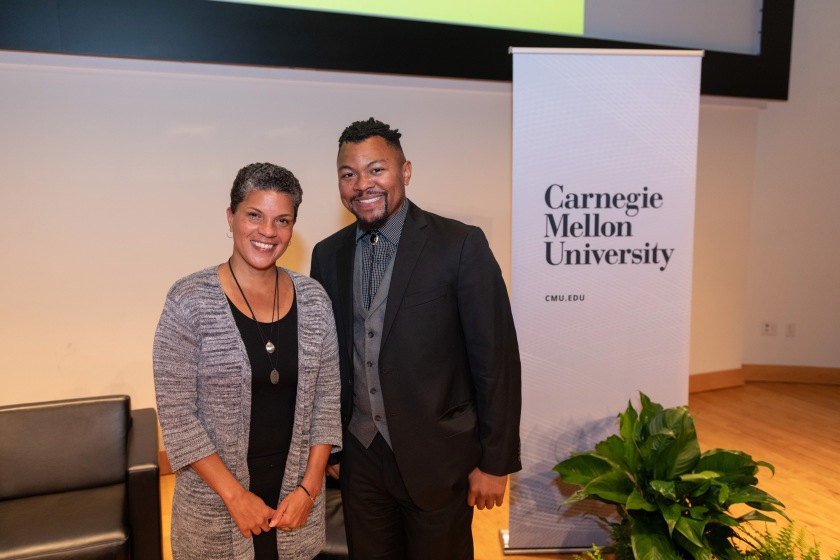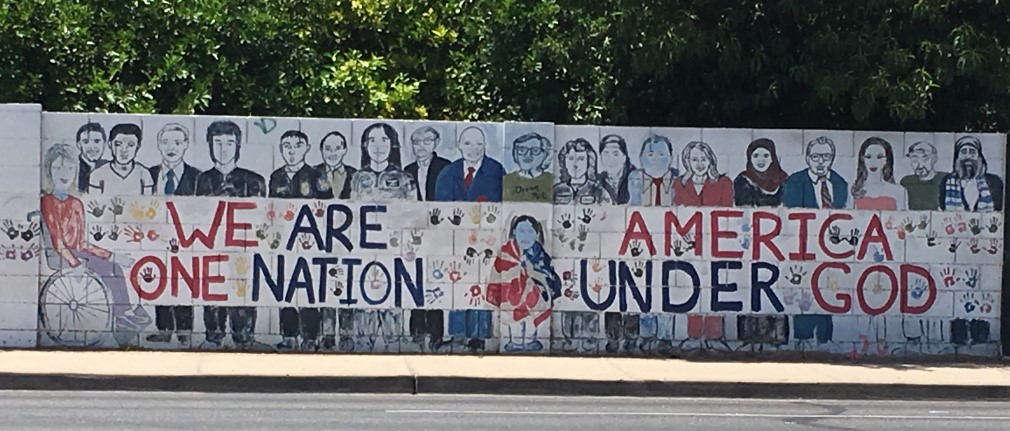
Tomorrow in class, we’re going to be talking about black history after the civil rights movement. One of the most prominent trends within post-civil rights movement African American history is the rise of mass incarceration.
The New Jim Crow is a contemporary classic. It has had rave reviews from both sides of the mainstream political spectrum–the only negative review I could find worth posting was from a socialist frustrated by the fact Alexander doesn’t spell out the role of capitalist reproduction in mass incarceration.
This is a fantastic text with which to end our course because of how it brings so many course themes full circle: racial terrorism, community migration, intra-racial economic class antagonisms,and social reform movements–all are here
Alexander argues that the “psychic benefits” of whiteness stem from Bacon’s Rebellion–one of the first times we see the state grant overt benefits to white American based upon their racial identity. This was to prevent unrest among working-class whites. It also became a way to fracture interracial alliances–working class whites often resisted equality with blacks.
When we arrive at present day, we find that Law Enforcement is primarily, although this is changing, composed of middle class white American who extensively engage with communities of color where, in many circumstances, they have the discretion to probe heavily into the personal lives of citizens in disregard of potential unconscious biases officers may have about citizens.
This “unconscious bias” helps explain the racial disparities in treatment for when Americans are incarcerated on drug charges. Furthermore, the rationalization behind the war on drugs is a form of racial pandering identified as the southern strategy by Nixon and Reagan.
Once Americans are swept into the legal system as felons, it is difficult to permanently leave the system due to restrictions of the ability of felons to find legitimate work, so a permanent class of people remain under state surveillance. This group hardens into a caste when the unconscious biases which skew legal actions against black actors exercises its power. Alexander argues that a new social movement will be necessary to undo this damage.
Tomorrow, we’ll discuss more on how this process affects all Americans and not just the black community–because in many ways, the conditions for black folks have served as a leading indicator for the conditions of the entire country.
